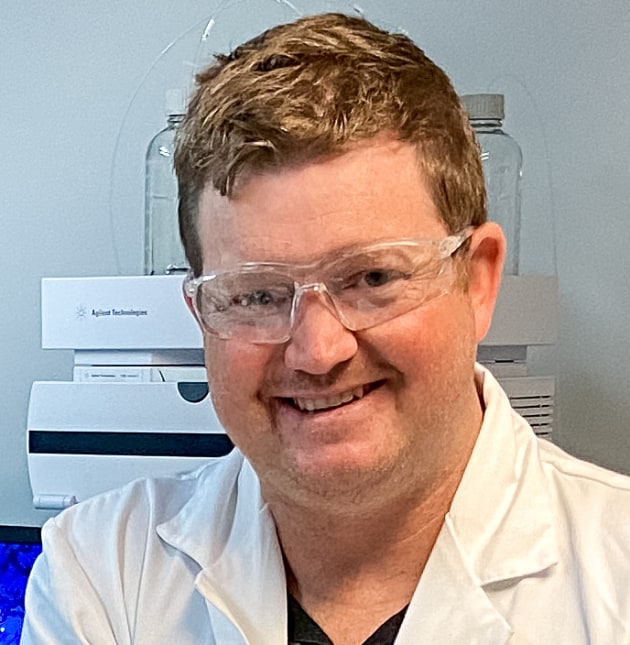An initiative funded by industry and delivered by scientific tech company Source Certain has been recognised for its achievements in strengthening the provenance of Australian prawns.
In a first of its kind and scale for the seafood industry, the Australian Council for Prawn Fishers (ACPF), Australian Prawn Farmers Association (APFA) and Fisheries Research and Development Corporation (FRDC) funded the development and implementation of a program that demonstrated the authenticity of the Love Australian Prawn brand.
Source Certain received the Research, Development, and Extension Award for the technically challenging, end-user driven project, which addressed key issues for the industry: trust, transparency, and market access.
Queensland is home to most of Australia's farmed prawn production sites as well as significant wild harvest fisheries.
The initial program involved investment into developing a Provenance Database for farmed and wild-caught Australian prawns including the collection and despatch of more than 1500 Australian samples across 35 wild-harvest sources and 17 prawn farms.
The database now contains more than 3000 samples.

Source Certain managing director Cameron Scadding said the samples would be analysed in its forensic laboratory and then added to the database. The use of forensic technology gave the industry the means to be able to verify the provenance of claims that prawns were not only Australian, but down to the individual fishery or specific pond on a farm, while also verifying species.
“Australian Prawns made a commitment to transparency, knowing that this was a critical component of their social licence to operate.
“They have invested in robust scientific processes, ensuring that the supply chains delivering their products can be trusted. We thank the industry for the opportunity to work with them in this important area and to Janet Howieson from Curtin University who has led the industry and FRDC funded project,” Scadding said.
ACPF chair Annie Jarrett said the council wanted consumers to have the confidence when they buy Australian wild prawns that is what they are getting.
“With this provenance technology, consumers can track our Australian wild prawns back to the fisheries where they were caught and can also trust our other provenance claims, such as Marine Stewardship Certification.” Jarrett said.
For APFA executive officer Kim Hooper the technology builds integrity and transparency in the supply chain.
“It is a ‘win win’ for farmers, customers and consumers as it will give the public certainty that if it says Australian, then they are purchasing Australian prawns,” Hooper said.
On the back of the successful program, a four-year industry commitment to continue the program nationally has been approved.
Since Spadding started in the analytics and forensics sector in the 90s, he has seen not just businesses become more knowledgeable about trust and transparency but consumers as well.
“Trust, transparency, and provenance are now part of the lexicon. Understanding the supply chain is better than it has ever been, which means a shift from knowing about it to being willing to act on it,” he told Food & Drink Business.
“Price used to be the only factor. It is still critical, but not the only factor companies need to consider. The connected consumer cohort is growing quickly and businesses are realising they need to provide the information the buyer is looking for if they want to succeed.
“The first step for any company looking to improve its transparency – both up and down its supply chain – is a commitment to being more open on where ingredients or supplies are coming from and how they are being made – sometimes there needs to be difficult conversations, but we are adamant that just getting started and taking incremental steps is better than doing nothing at all.”






